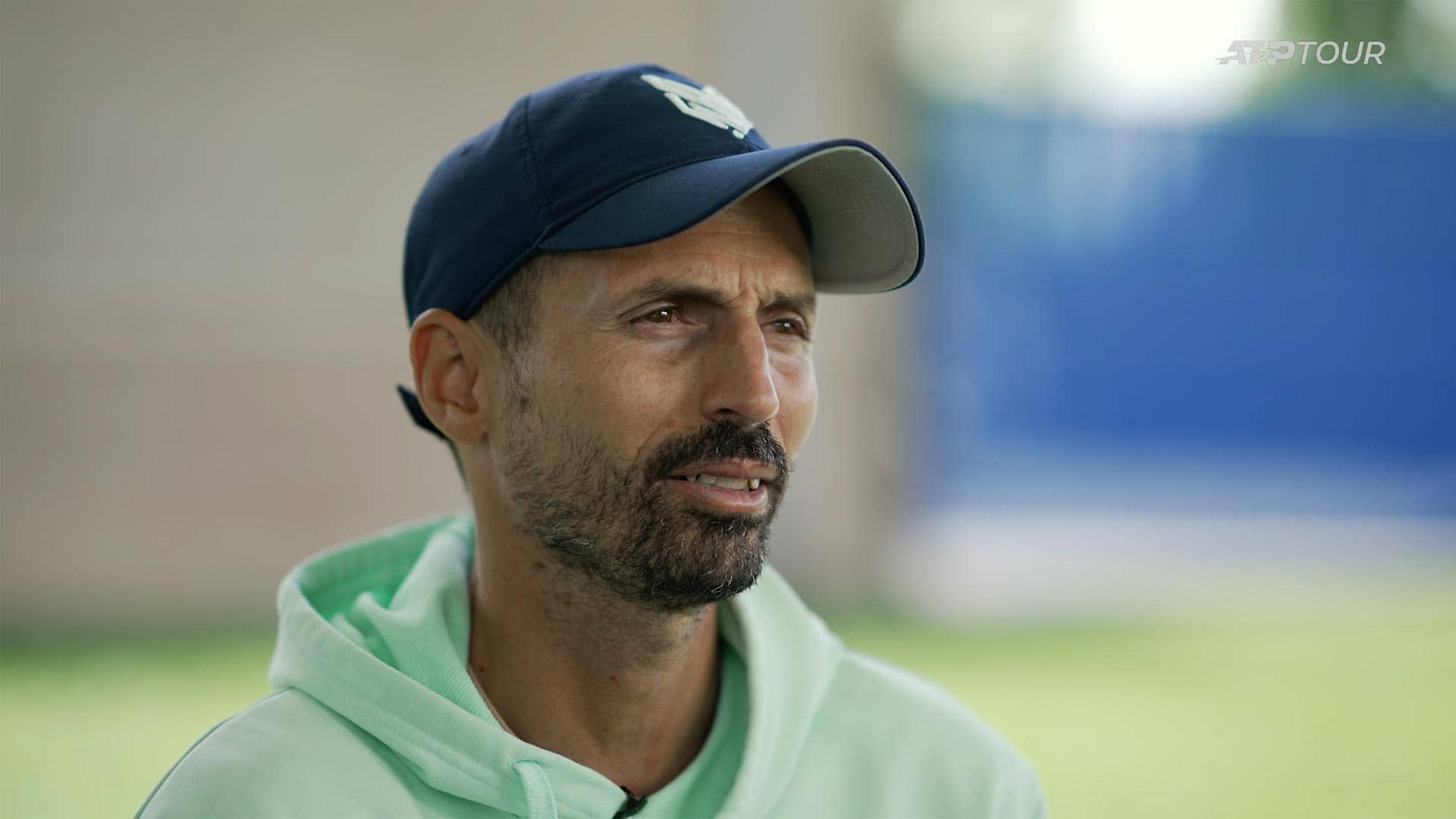Alright, let me tell you about this thing I started doing, something I kind of called my ‘sinner coach’ practice. It sounds a bit dramatic, I know, but stick with me. It wasn’t about anything religious, more about how I dealt with my own screw-ups and the stuff I didn’t like about myself.

So, I got tired of that cycle, you know? Mess up, feel bad, promise to do better, mess up again. It felt like banging my head against a wall. I figured there had to be a different way. I thought, what if instead of being the angry judge, I tried being a coach? Like, a coach for the ‘sinner’ parts of me – the lazy part, the part that eats junk food, the part that procrastinates.
Getting Started – The First Steps
First thing I did was pick one habit that really bugged me. For me, it was doomscrolling on my phone late at night. Real time-waster, made me feel anxious.
Then, instead of just forcing myself to stop, I tried to get curious. When the urge hit, I’d kinda pause and ask myself, like a coach pulling a player aside:
- Okay, what’s going on right now?
- Why do we wanna do this? Feeling bored? Stressed? Avoiding something?
- What are we hoping to get out of this scroll-fest?
Crucially, I tried super hard not to judge the answers. If the answer was “I’m bored and this is easy,” then okay, that’s the data. No need to add a layer of “you’re a lazy idiot” on top.
Keeping Track – The ‘Coach’s Log’
I started keeping a really simple log. Not a fancy journal, just notes on my phone or a small notebook. I’d jot down:
- When the urge happened / when I did the thing.
- What seemed to trigger it (the ‘why’ from my coaching chat).
- How I felt before, during, and after.
- A ‘coach’s note’ – like, “Okay, stress was high today. This was a default coping thing. Maybe tomorrow we try 5 mins of deep breathing first?”
This wasn’t about tracking failures. It was about tracking patterns, understanding the game plan my ‘sinner’ self was running.
Making Small Plays, Not Grand Slams
Based on these notes, the ‘coach’ part of me would suggest tiny adjustments. Not like, “Never scroll again!” More like:
- “Hey, what if we try setting a timer for 10 minutes first?”
- “Could we maybe leave the phone charging downstairs tonight?”
- “What’s one small thing we could do instead that might feel slightly better afterward?”
Sometimes it worked, sometimes it didn’t. But the key was the approach – gentle nudges, not harsh commands. It was like training a muscle, not breaking a wild horse.

What Happened? The Outcome
Honestly? It wasn’t some magic bullet. I still slip up. But the big change was internal. I stopped fighting myself so damn hard. The guilt decreased a LOT. When I understood why I was doing something, the urge often got weaker on its own, or it became easier to redirect.
It felt less like willpower and more like self-awareness, maybe even a bit of self-compassion, which I wasn’t expecting. It made dealing with my less-than-perfect habits feel less like a war and more like… well, coaching. Guiding myself, understanding the plays, and making small adjustments for the next game. It’s an ongoing process, for sure, but it feels a whole lot better than the old way.










